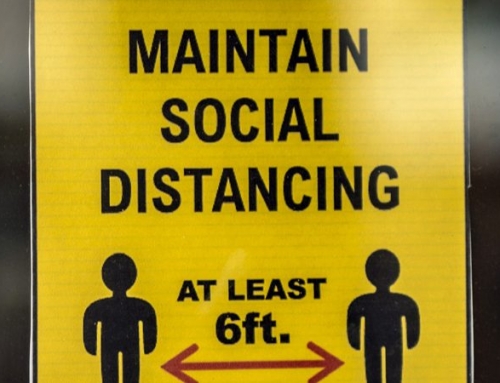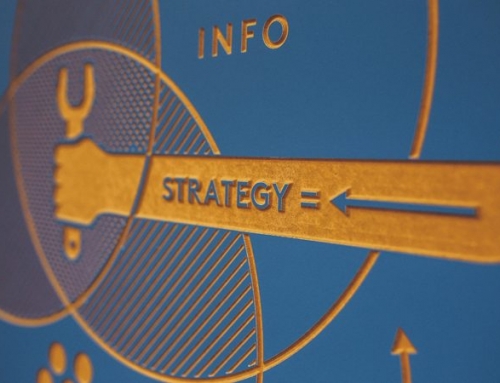The world is a hugely different place now and the lifestyle that was available to most people is no longer an option, at least not for the foreseeable future. This presents problems in terms of customer expectations. In Europe, the UK and the USA, customer service has always been focused on not just meeting, but surpassing customer expectations. Rather than offering people an acceptable or mediocre experience, most companies strive to leave their customers feeling as if they got more than they paid for. Whether this is still possible in a world ravaged by the economic impact of Covid 19 remains to be seen but aiming for consistent quality should still be your main goal. In this article, we discuss how to manage customer expectations during the ongoing Covid 19 crisis.
Apologies and Explanations
Though apologising too much and over explaining can be very wearing from a customer’s perspective, especially in marketing or advertising copy, at the moment, it is something of a necessary evil. Most large retailers are running low on certain products due to the way social distancing and the disease itself has impacted on the supply lines, so you will find that even the most successful businesses in the retail sector are leading with an apology, before making any direct calls to action. This is necessary because of the way people interpret information. Though rolling news channels and constant social media updates mean that it’s quite difficult to have escaped the fact that the world is in the midst of a pandemic, the mixture of fake news, poorly sourced information and contradictory stories mean that not everybody will have clear understanding of the situation at hand. If your business has been affected negatively by the Covid 19 outbreak, explain this to your customers as soon as you can, followed by a description of how you and your team are working to remedy the situation as soon as possible. Things like longer delivery times, larger queues in store and reduced staff numbers, though necessary, will all need to be accounted for.
Clarity and Conciseness
Depending on your business niche, your customers may be heavily restricted in terms of what they can and cannot do as well as what they can actually buy. Make sure that you explain this in detail on any marketing materials, both digital and physical, so that there is no ambiguity. If you are only allowed to open for part of the day, make this message unmissable. Similarly, if you are operating with a limited menu or can no longer accept foot traffic, have this in unmissable, large font on your website and social media pages. What may have felt like overkill a few months ago is now very necessary to save wasted journeys, disappointment and ultimately, bad feeling.
Use Positive Language but be honest
When describing things like a “heavily restricted service” or “reduced menu” it can be extremely difficult to sound upbeat and positive. Generally speaking, people do not want less of things, they want more, bigger, faster, and better. This expectation will take some time to die out as it has been a staple part of modern advertising for decades, however, in the current situation, such claims are likely to sound like an idle boast. Emphasise the services and products that you can provide, rather than talking too much about those that you cannot. Letting people know that you are still here and can still provide some of your customer’s favourite products or experiences is essential, but so it is also important not to gloss over the bleak reality of the situation too much.
Don’t Try to Ignore Covid 19’s Influence
You are probably as tired of hearing about it as everybody else but Covid has undoubtedly changed the way we live forever. The economy will take years to recover and the impact on the collective mental health of the global population is so severe is barely measurable. Trying to explain this to customers from a marketing perspective is an extremely difficult thing to do, but it is possible. In some of our earlier articles, we mentioned placing an emphasis on compassion and honesty, rather than using shock tactics or confrontational marketing practices. This shows you are in touch with the reality of the world today and will potentially instil a sense of confidence in your customers. Expectations rely on what is promised by your campaigns and your content, so trying to continue in the same vein as you did before the pandemic is likely to make you seem either naïve or just out of touch. Acknowledge Covid 19 and do everything you can to incorporate it into your marketing strategy. Nobody wants it, but it is the single most important factor in practically every industry in the world today.
Summary
Customer mindsets have already started to change, and disposable income is in short supply. Managing expectations during times like these is essential if you want to stay relevant. Promising more than you can deliver will ultimately damage your reputation and trying to gloss over or creatively explain a profoundly negative situation will make you seem disingenuous. By all means, encourage engagement and be as positive as possible when you are creating content or making social media posts, but do so in a way that acknowledges the reality of the situation we are all living through at the moment. Talk about reduced capacity, safety measures and limited supplies but also celebrate the fact that you are in a position to provide products or services to your customers in such turbulent times. This is new territory for everybody and there’s no one correct approach but the most successful campaigns and marketing strategies we have seen during the crisis so far have been those that engage with the world as it really is today, rather than trying to paint a much prettier but ultimately, unrealistic picture.






